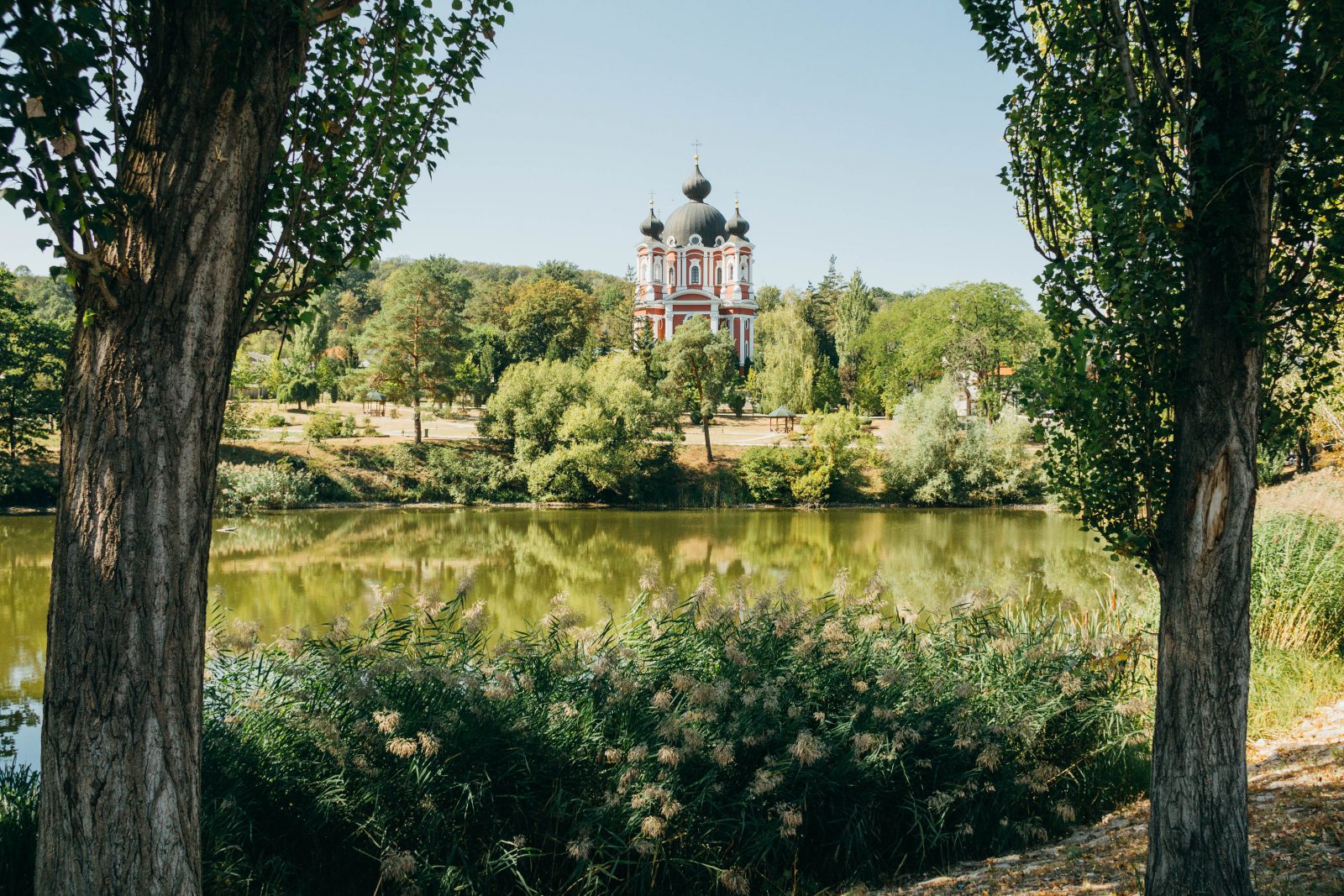
Oleg Chirita, Head of Global Initiatives at ICMPD – the programme under which EUDiF falls – recently ‘sat down’ with Loksan Harley, migration and diaspora engagement specialist, friend of the project and podcaster to discuss all things diaspora, from personal stories to programming potential.
Whilst the podcasting world is relatively new to Oleg, he is by no means new to the subjects at the heart of The Migration and Diaspora Podcast. Tune into the latest episode of the podcast to hear about Oleg’s personal diaspora story, a snapshot of the Moldovan diaspora and its transformative power, what homeland governments can – and are – doing to engage their overseas populations, and reflections on how to connect the dots between policy and practice – and the ever important question: what is a “good practice”?
It is a jam-packed episode that we hope inspires you to explore more the various examples Oleg goes into. You can find many of these via our global mapping of diaspora engagement, including a factsheet on Moldova.
Our top quotes
On identity…
“I only gradually started to label myself as diaspora, it definitely didn’t happen overnight, but was part of my self-identity building process, a journey that many of us go through wittingly or unwittingly. I believe that the journey of migration is connected to the human condition; it implies that we carry so many identities with us that we acquire through our lifetimes. I am persuaded that migration is a powerful transformative experience that moulds our personalities by adding a new layer of identity and creating new values, composed of a blend of values that we bring with us and the new values that we pick up in the new societies where we are living.”
“Diaspora is how we feel connected. It is about our sense of belonging and affinities: it is about our bond with our homeland. It’s about hearts, minds and emotions and – above all – about identity.”
On diaspora engagement trends…
“The first trend that we are witnessing is that the institutional and policy framework is very diverse and very rich. I think that one of the direct outcomes of this important institutional shift and transformations, is that we see everywhere in the world is the fact that more and more governments have started putting in place dedicated programmes targeting their diaspora broad. The second trend is more on diaspora side. It is important to know that the number of diaspora organisations and associations worldwide has significantly increased and diversified. I think this trend attests to one important aspect: diaspora grow more organised, more vocal and more visible. The good news is that in the past few years we have also witnessed the establishment of diaspora platforms; these platforms bring together precisely the diversity of diaspora associations and individuals under one umbrella in order to exchange, to advocate diaspora interests and to contribute to agenda setting. The third trend is more linked to the involvement of other actors in diaspora engagement frameworks, precisely the role of the countries of destination to support diaspora […] equipping them with capacities or resources to become stronger actors of development or integration.”
On practices…
“You constantly hear three buzz words: best practices, multi-stakeholder and innovation, and we have the responsibility to clarify what they mean.”
“A practice is an effort or a technique, established to improve a process or a working tool or a procedure. When it comes to what is a good practice – or a best practice – we tried to discuss this in the framework of the MIEUX project with partners around the world. We came up with a set of 10 criteria that make a practice good, including the replication potential of the practice, integration within institutional systems…Therefore in my opinion, a good practice could be a practice that has yielded results and has been effective in addressing similar issues. All in all, a good practice should be regarded as a tried and tested standard.”
On the future…
“I am hopeful that in the years to come, diaspora will be regarded as a fully-fledged partner treated on an equal footing with other development actors, being more prominently involved in policy dialogue or development interventions, not as a charity but as a player capable of complementing various development oriented interventions.”
Oleg recommends:
- Identity – Milan Kundera
Shortly after recording with Loksan, Oleg also recorded a podcast with a Moldovan organisation. For the Romanian speakers of our community, listen here.
Loksan Harley is the founder of Homelands Advisory, a consultancy on migration and diaspora. Loksan was one of the researchers working on Africa for the EUDiF global mapping, he produced 9 factsheets on West African countries, all of which can be found via our map, or in multiple languages in the library.
Photo: Manastirea Curchi, Orhei, Moldova by Oksana Simanovscaia